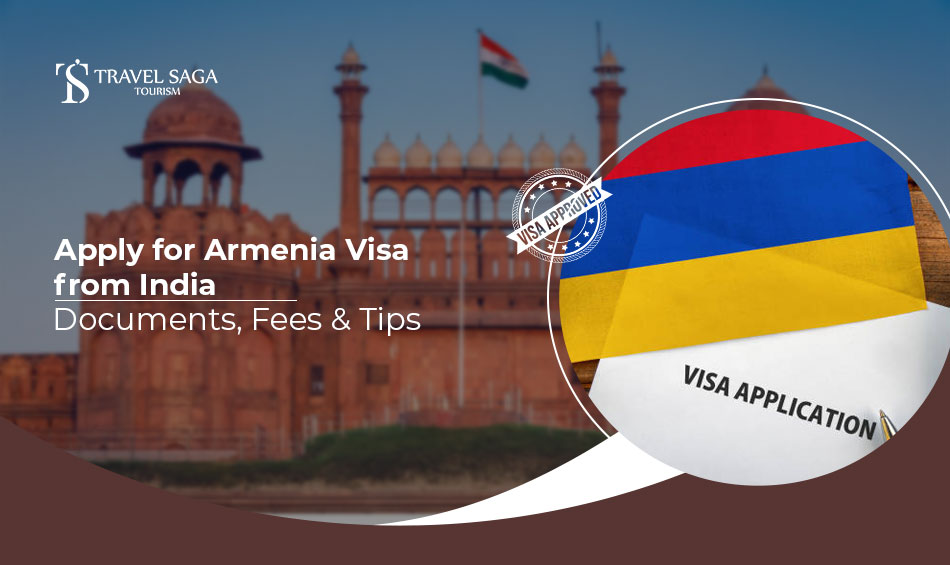When Bureaucracy Meets Belonging: The Cost of Not Knowing

What does it mean to belong when the paper trail of your past leads nowhere?
In Evening Light Over Kouraki, David Moore gives us a personal, poetic meditation on that question.
The protagonist, Michael Dowd’s story, is not simply about adoption, travel, and memory. It’s about the quiet desperation of not knowing who you are and the invisible cost of that void. It’s about trying to retrieve a name from a closed register, a self from a forgotten archive, and being met with indifferent eyes behind a bureaucrat’s desk.
It all begins with the letter “K.” A fleeting image. A shadow of a name: Kokolakis. And from that seed of speculation, a full-blown odyssey blooms across oceans, languages, and systems built to protect information but not people.
A Desk, a Ledger, and a Man in Search of Himself
One of the most powerful and haunting scenes in the novel unfolds in a sterile office on Park Avenue in Montreal. Michael, disoriented, exhausted, and increasingly desperate, pleads for the most basic fragments of information about his past. Even something as fundamental as his own birthdate becomes contested ground, a detail clouded with contradictions and bureaucratic evasions. The clerk, shielded behind a desk piled with forms and regulations, offers only half-truths and the hollow performance of canned sympathy.
Their words feel rehearsed, mechanical, as though spoken a hundred times before to other seekers of lost identities. For Michael, however, this is not routine—it is life-defining. The fluorescent lights hum above him, the room feels both too bright and too suffocating, and in that moment he confronts the brutal reality that the story of who he is has been locked away, redacted, and kept at a distance by systems designed to protect everyone except him.
The lack of information crushes Michael’s dignity.
Greece: Where Rules Falter and Intuition Rises
Contrast that sterile confrontation with what unfolds later in Greece. Michael lands in Athens with no plan, no proof, just a gut feeling that he might belong here. And somehow, it works. The chaos of the city mirrors his internal disarray, but it also welcomes it.
The systems here may be broken, disorganized, or even comical in their dysfunction. Yet, there’s a freedom in that. In Greece, memory is oral, names are whispered over souvlaki, and identity is woven into the fabric of the community. A waiter named Christos casually recalls a family, the Kokolakis, who disappeared long ago, leaving behind only a sweet memory of giving candy to children. That memory might be more revealing than anything in a sealed file.
Paper Doesn’t Hold All the Answers
What makes Evening Light Over Kouraki truly sing is that it refuses to let bureaucracy or dusty archives stand as the final gatekeepers of truth. Instead, the novel insists that meaning lives elsewhere—that names breathe, that places remember, and that relationships carry a pulse stronger than any document. Moore’s prose suggests that identity is not a matter of signatures on yellowed paper but of whispers in alleyways, echoes in ruins, and fleeting connections that feel truer than official records ever could.
Michael’s journey clarifies that you can’t always trace a lineage through paperwork or official archives. Sometimes the truth lives elsewhere—hidden not in documents but in sensations. It’s in the cadence of a name spoken aloud, in the magnetic pull of a place that seems to recognize you before you recognize it, in the strange déjà vu that rises when you walk down an unfamiliar alleyway and feel as though you’ve returned rather than arrived. Home, the novel suggests, is not always an address or a bloodline. It can be a resonance, a whisper, a convergence of memory and imagination that insists you belong—even if you cannot prove it on paper.
The Cost of Not Knowing
Michael is forced to carry the weight of ambiguity. He’s left guessing, questioning, spiraling. Not knowing your origins doesn’t just lead to curiosity; it corrodes confidence. It can haunt every decision, every relationship, every mirror glance.
And while the story brims with hope and luminous encounters, it doesn’t make excuses for the systems that caused the wound in the first place. It shows us that the cost of not knowing who you are is real and devastating.
A Name Isn’t Just a Name. It’s a Beginning.
When Christos speaks the name Kokolakis, something cracks open for Michael. It’s a soft-spoken miracle. Not confirmation, but possibility. And maybe that’s what belonging really is: a sense of connection.
In the end, Evening Light Over Kouraki invites us to question what it means to know ourselves. And what parts of us are still waiting for someone to call our name so we can finally say, yes, that’s me.
Grab your copy today.







